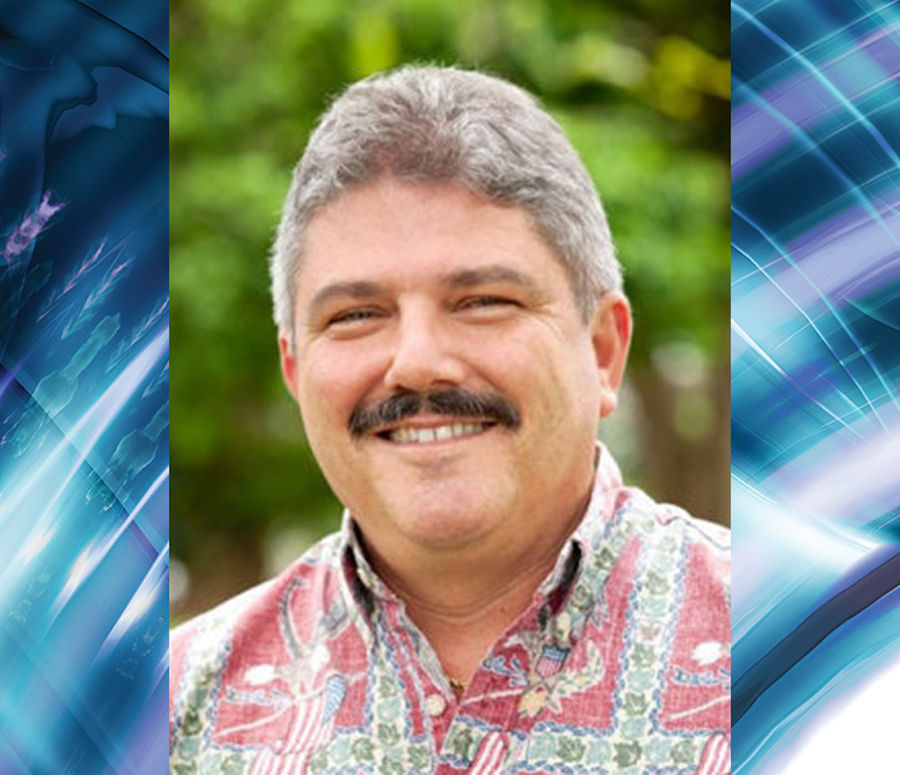LIHUE — Two Kauai County Councilmembers have concerns about the proposed budget for fiscal year 2017-18. For Councilwoman JoAnn Yukimura, it’s the lack of plans to expand The Kauai Bus. “We could do one expansion right now, even without completing
LIHUE — Two Kauai County Councilmembers have concerns about the proposed budget for fiscal year 2017-18.
For Councilwoman JoAnn Yukimura, it’s the lack of plans to expand The Kauai Bus.
“We could do one expansion right now, even without completing the Short-Range Transportation Plan, and it’s really needed — increasing the frequency of the bus on weekends and holidays,” she said.
Mel Rapozo, council chair, said he’s not happy to see a proposal to raise real property taxes.
“I have always been a strong opponent of raising taxes and fees unless it is a last resort,” he said.
On Thursday, Mayor Bernard Carvalho, Jr. highlighted some of the main objectives of the operating and capital improvement budgets for FY 2017-18.
Included in the $204 million budget is an increase in real property taxes, which will generate an additional $3.6 million in revenue.
The proposed increase is necessary to generate funds for road repair and maintenance projects, Carvalho said.
Rapozo said it is unfortunate that the state’s decision to continue to cap the counties share of the transient accommodations tax has forced the mayor to propose an increase in property taxes.
“As I have stated for quite some time, if the TAT cap is not removed, the county may find itself needing to raise revenues through taxes and fees,” he said.
While Rapozo said he is sure the council will be able to identify reductions in the proposed budget, the fact is that capping TAT monies will have some consequences on the people of Kauai.
In 2014, the state capped the counties’ allocation of TAT revenue at $103 million. A year later, the Legislature passed a measure that would allow the counties to increase the General Excise Tax as a way to generate revenue.
“I still maintain that counties should be provided our fair share of Transient Accommodations Tax — or TAT revenues, which support critical needs such as parks and public safety operations, including police, fire and emergency management services — which consumes 60 percent of our operating budget in the general fund,” the mayor said.
Last year, the administration proposed increasing GET by half percent, then a quarter of a percent. In May, the Kauai County Council voted 4-3 to not increase GET.
In his FY 2017-18 budget message, Carvalho proposes the council support a GET increase, if the counties are given that option again.
But Rapozo says that’s not an option.
“I will not support any increase of this regressive tax. The state’s GET is a pyramid tax, and our residents should not be subject to any increases,” he said. “While I recognize that the state and the counties are experiencing fiscal issues, the mismanagement of government should not be placed on the shoulders of our residents.”
Yukimura said revenues produced from am increase in GET could go to expand the bus system.
“I know that money is tight — that’s why we need the half-cent excise tax to fund bus expansion which will help to get cars off the road and help the economy grow,” she said.
Moving forward, Rapozo said he plans to work with the mayor and his staff to prioritize the county’s needs.
“I commend the mayor for addressing critical needs while putting forward a structured and balanced budget,” he said. “I can assure the people of Kauai that this council will scrutinize the proposed budget in the upcoming weeks to make sure that unnecessary spending is removed.”
The county needs to find ways to make the government run more efficiently, Rapozo said.
“This can be done by performance audits, which I plan to propose for next year,” he said. “We need to identify duplication of services, inefficient policies and practices, and opportunities to consolidate certain functions of our county.”
Other council members did not respond to TGI requests for comment.



